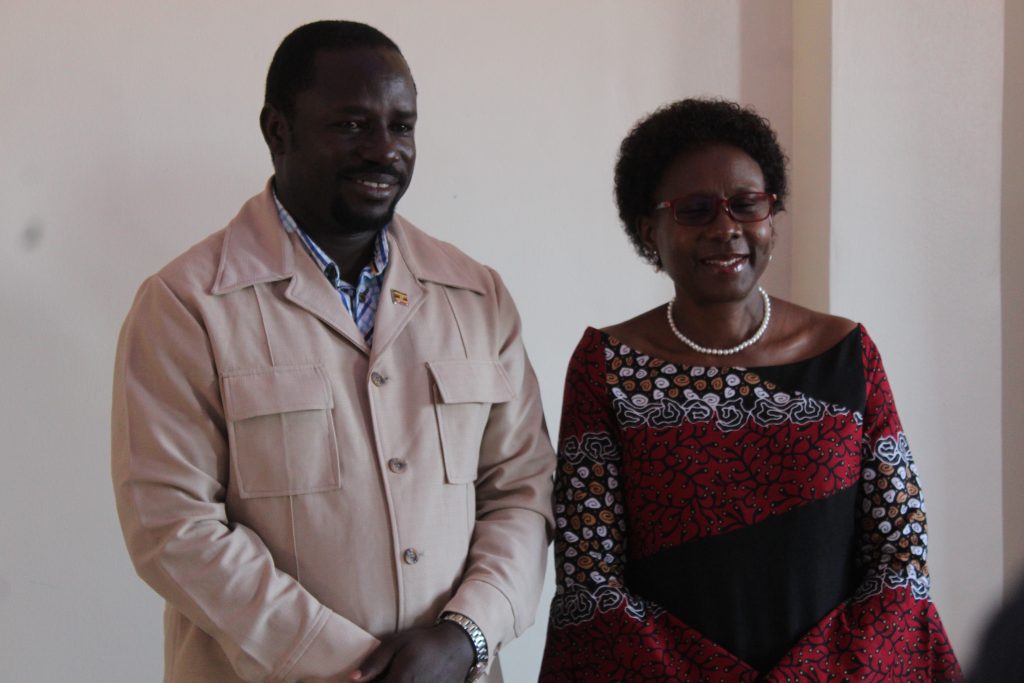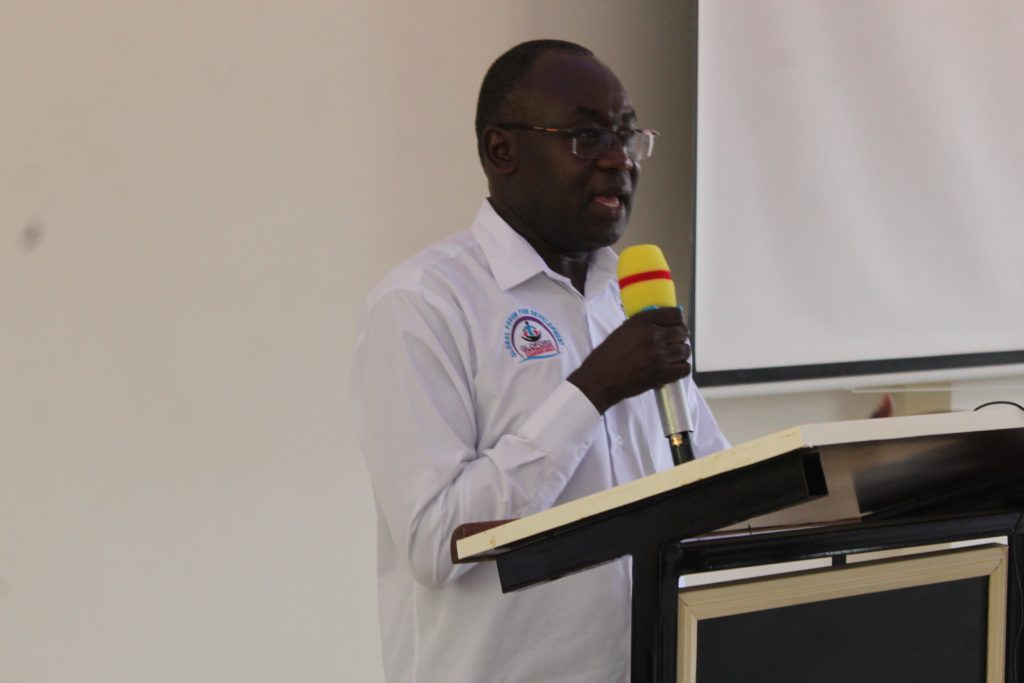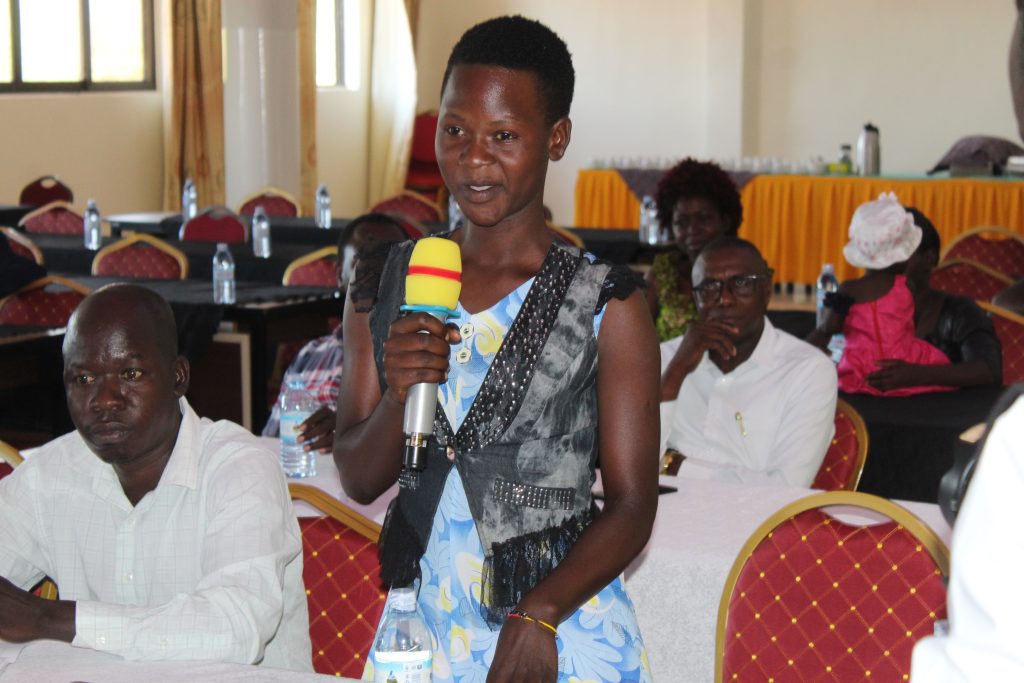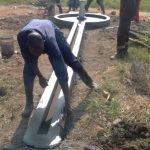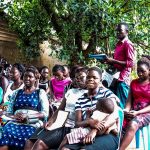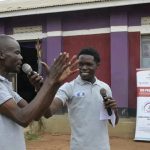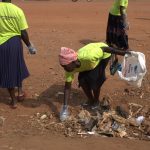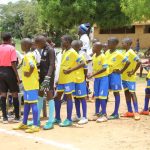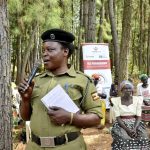
A Citizen Science, Gender-Transformative Approach
Implementing Partners
Lira University | GLOFORD Uganda | Reproductive Health Uganda | Lira District Local Government | Lira City Council
Project Location
Lira District, Northern Uganda
Overview
Adolescents in Northern Uganda continue to face significant barriers in accessing quality sexual and reproductive health (SRH) services—particularly in areas related to family planning and post-abortion care. To respond to these pressing challenges, GLOFORD Uganda and its partners have launched the CAFFP-PAC Project: a bold, community-driven initiative that integrates citizen science and a gender-transformative approach to empower young people and improve service delivery systems.
Through strategic collaboration, this project brings together youth, health workers, local government, and civil society to co-create and scale sustainable solutions that advance adolescent SRH rights in Lira District.
Project Goal
To improve access to and utilization of sexual and reproductive health services by female and male adolescents, and other underserved population groups in Lira, Northern Uganda, through an integrated approach combining citizen science and gender-transformative strategies.
Specific Objectives
Baseline Assessment:
Assess the current knowledge, attitudes, and practices (KAP) of adolescents regarding family planning and post-abortion care in Lira.Community Engagement:
Involve adolescents as citizen scientists to identify real-life barriers and enablers to accessing SRH services in their communities.Co-Design and Implementation:
Collaboratively design and implement an integrated family planning and post-abortion care (CAFFP-PAC) model grounded in gender equity and local realities.Effectiveness Evaluation:
Measure and analyze the impact of the integrated model in improving access and utilization of SRH services among adolescents.Knowledge Sharing:
Document, share, and scale best practices and lessons learned from the implementation of the CAFFP-PAC model for replication in similar contexts.
Our Unique Approach: Citizen Science + Gender Transformation
This project leverages the power of citizen science—where adolescents actively participate in research and data collection—as a way to strengthen community ownership and evidence-based decision-making. Simultaneously, the project applies a gender-transformative approach to address harmful norms, challenge inequities, and create inclusive environments where both girls and boys can access the care and information they need without fear or stigma.
Expected Impact
Increased knowledge and positive attitudes toward family planning and post-abortion care among adolescents.
Greater accessibility and youth-friendly delivery of SRH services in Lira District.
Empowered youth who contribute meaningfully to health service improvement.
Stronger community systems that support adolescent SRHR.
Scalable models for adolescent-centered, gender-equitable SRH programming.
For more information or partnership opportunities, please contact:
📧 info@gloford.org
🌐 www.gloford.org
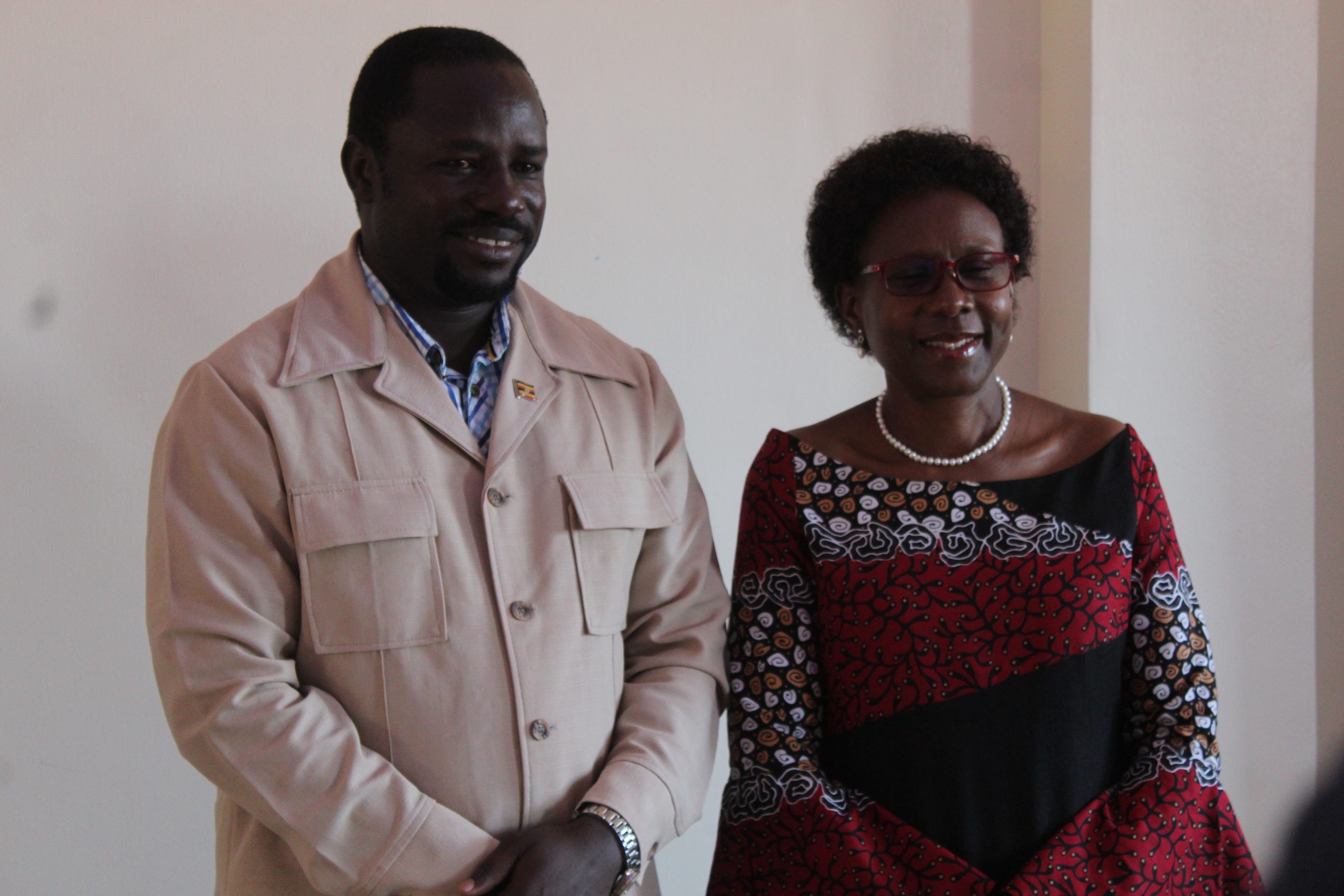
Project Photo Gallery
